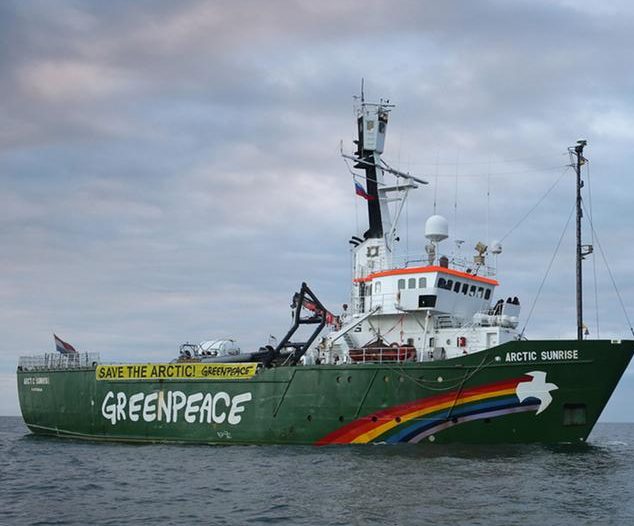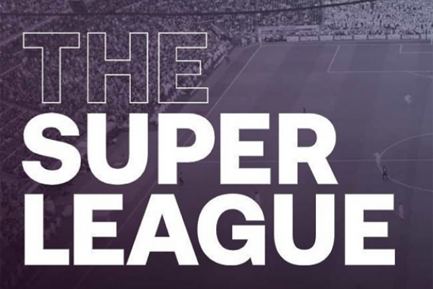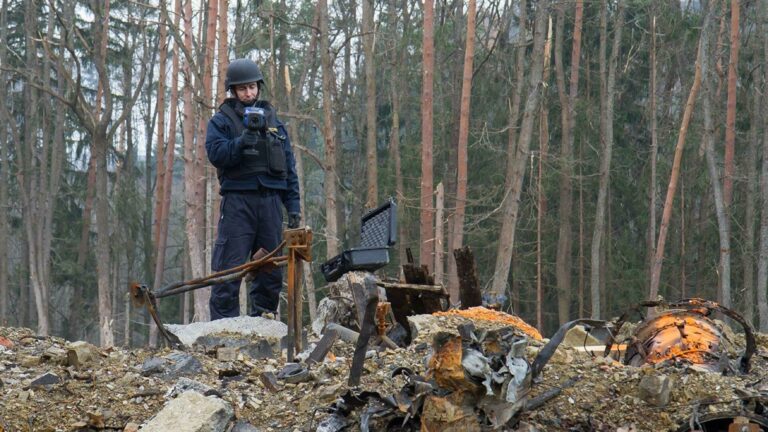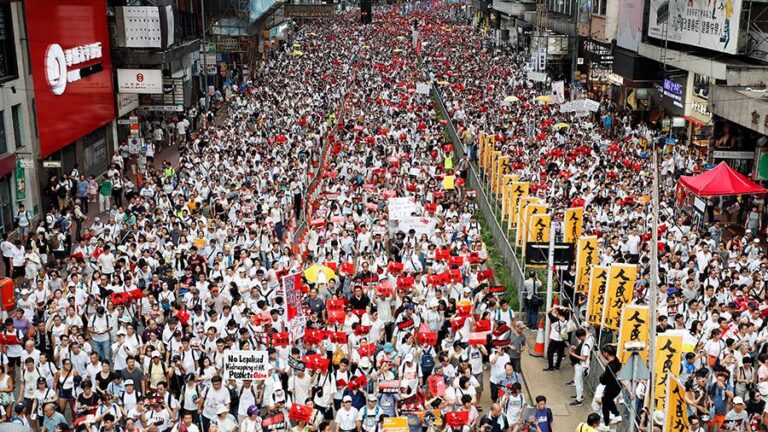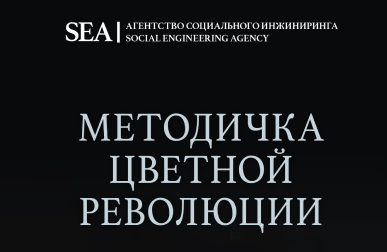Event: At the entrance to Gazprom’s office in Moscow on the morning of Wednesday, September 5, activists of Greenpeace conducted an action called “Arctic Reserve”, thus expressing a protest against the development of the concern on the Arctic shelf. On artificial snow, they pitched their tents, and some of the participants in the action dressed in costumes of polar bears. This improvised reserve, they are surrounded by 10-meter banners with the inscriptions “Gazprom” kills the Arctic.”
Simultaneously with this effort of environmental activists near the office of Gazprom in Berlin, a three-meter mock-up of an oil rig was erected. The probability of an accident in these harsh regions is very high.
September 18, 2013, environmentalists from Greenpeace tried to hold a protest on the drilling platform Prirazlomnaya in the Barents Sea, where Gazprom has been producing oil since 2011. Two activists of Greenpeace were detained while trying to climb the platform, it came to shooting in the air. Russian border guards made warning shots towards the ice-breaker Greenpeace Arctic Sunrise: first from an artillery installation, then from Kalashnikov assault rifles, which was later reported by the FSB press service. A day later, from the helicopters, special forces of Russian border guards descended aboard the ship Greenpeace under the flag of the Netherlands, 30 environmental activists were detained.
The purpose of the action: before the international Arctic forum to make a provocation, if possible to prevent and draw the attention of the world public to the production of oil by Gazprom in the Arctic. To organize the blocking of the drilling operation thanks to the Greenpeace vessel.
Direction: ecology
Tool: international NCOs
Method: performance, power grip, blocking work
Media coverage:
https://www.bbc.com/russian/russia/2012/09/120905_gazprom_greenpeace_moscow
The reaction of society: in Russia, environmentalists are not surprised by the position of the authorities. “Law enforcement agencies tend to react inadequately to actions that they personally do not like,” – the project coordinator at the Bellona Ecological Center in St. Petersburg, Ksenia Vakhrusheva. She doubts that Greenpeace will be able to influence the decision of Russia to extract oil in the Arctic. Now there is a collection of signatures against oil production and a separate information company “Save the Arctic”, the big impact was not caused by the action in Russia, people are proud that we can master such technologies. In Western society, the trend is the opposite, the public is opposed to any research.
International resonance: Russian President Vladimir Putin believes that the detainees are “not pirates, but they violated the norms of international law.” He said this on Wednesday, September 23, 2013, at the international forum on the Arctic in Salekhard. Putin criticized the actions of environmentalists, saying that they endangered the lives of people working on the drilling platform.
October 21, 2013 the Dutch authorities applied to the United Nations International Tribunal for the Law of the Sea on the case of the arrest of the Arctic Sunrise vessel in Russia and in connection with the arrest of Greenpeace activists.
Hearings at the United Nations International Tribunal for the Law of the Sea took place on November 6, 2013. Three weeks later, the tribunal announced the decision on interim measures: “The Russian Federation must immediately release the Arctic Sunrise vessel and all people who were arrested, under financial guarantees of 3.6 million euros from the Netherlands.” In response, Russian officials said that Russia intends “not to react in any way” to the decision of the International Tribunal.
In January 2014, Russia began to refund Greenpeace with collateral amounts paid for the activists, while the icebreaker Arctic Sunrise continued to be in the port of Murmansk until June 6, 2014. The investigative committee of Russia did not say that it was lifting the arrest from the ship. On June 27 the Greenpeace crew was admitted to the ship. At the same time, a significant part of the electronic equipment seized from the ship was not returned to the owners. On August 9 of the same year the icebreaker returned to Amsterdam. In October 2014, the Investigative Committee terminated the case in connection with the amnesty.
What they achieved: in August 2013, the Finnish government approved the Arctic strategy, which supports the idea of appropriating the protected status of the territory around the North Pole. Thus, Finland, trying to limit Russia’s influence in the Arctic, became the first country in the world to support Greenpeace’s demand for a reserve. Greenland also suspended the issuance of licenses for oil production on the Arctic shelf. In October 2013, the new Norwegian government abandoned any drilling plans What they achieved: in August 2013, the Finnish government approved the Arctic strategy, which supports the idea of appropriating the protected status of the territory around the North Pole. Thus, Finland, trying to limit Russia’s influence in the Arctic, became the first country in the world to support Greenpeace’s demand for a reserve. Greenland also suspended the issuance of licenses for oil production on the Arctic shelf. In October 2013, the new Norwegian government abandoned any drilling plans on its part of the Arctic shelf. on its part of the Arctic shelf.
In September 2015, Shell refused to further develop in the Arctic due to high cost and high environmental costs. Earlier, other transnational grants of the oil industry – Exxon Mobil, Chevron and BP – announced the suspension or termination of work in the Arctic region.

